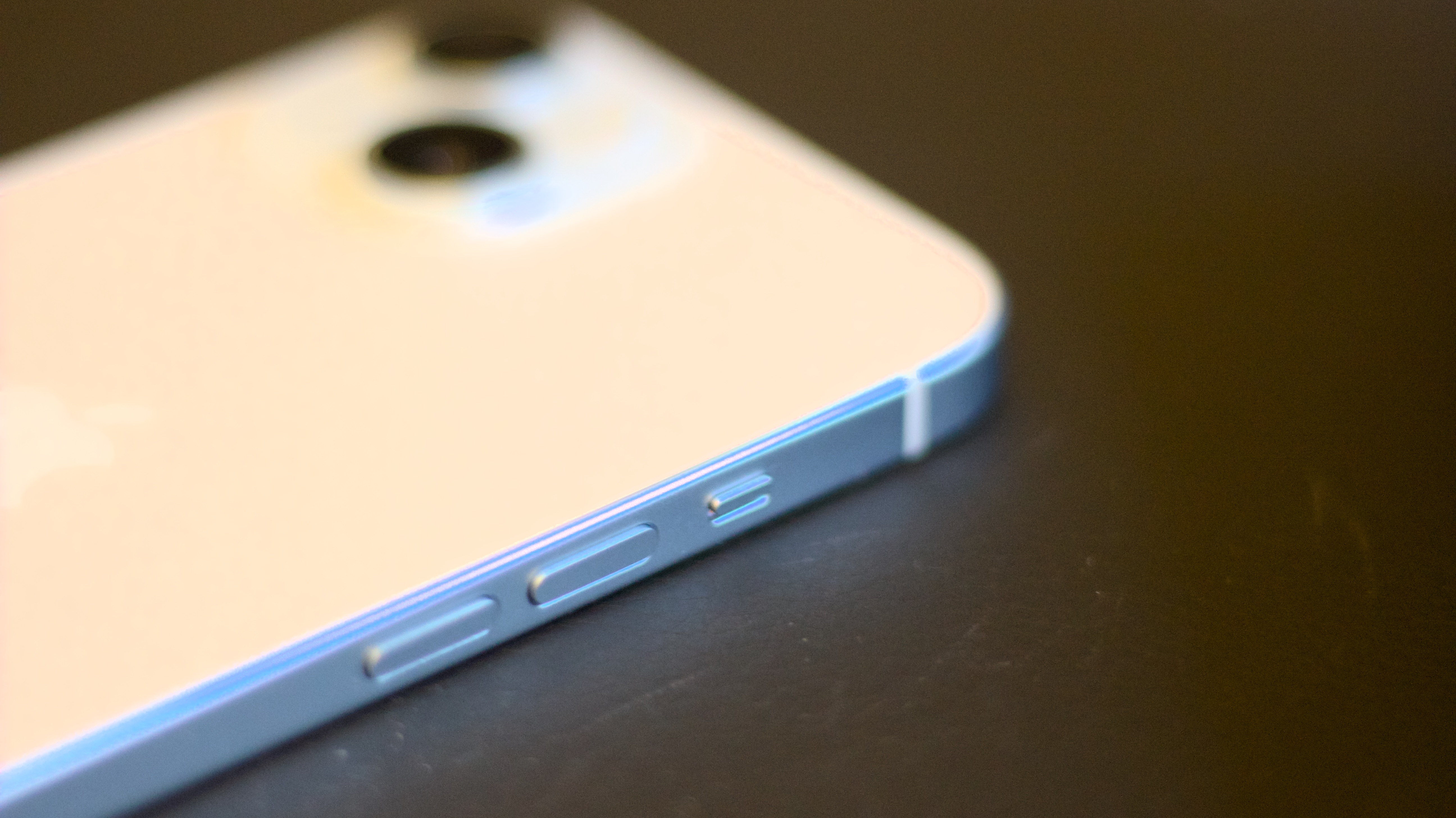DOJ lawsuit says failure of Amazon Fire Phone, end of Windows Phone, and HTC's demise all Apple's fault
Amazon “could not profitably sustain its business”

iMore offers spot-on advice and guidance from our team of experts, with decades of Apple device experience to lean on. Learn more with iMore!
You are now subscribed
Your newsletter sign-up was successful
Do you miss the tiles of the Windows Phone or the curves of HTC’s mobile range? The Department of Justice claims you have Apple to thank for their disappearance.
Just this week, the DOJ announced it would be suing Apple for operating with an illegal monopoly. In the court documents, when trying to substantiate the damage done by Apple’s market practices, it claims “many prominent, well-financed companies have tried and failed to successfully enter the relevant markets because of these entry barriers.” When looking at the specific failures, the DOJ cites Amazon “which released its Fire mobile phone in 2014 but could not profitably sustain its business and exited the following year”.
The Amazon Fire Phone was late to the smartphone market, only stuck around a single year, and had a focus on buying items on Amazon, thanks to its ability to scan real-life objects and purchase them. It also just wasn’t very good.
As well as this, the DOJ states that Microsoft, HTC, and LG all exited the smartphone market because of Apple. The suit claims the entry barriers “are so high that Google is a distant third to Apple and Samsung despite the fact that Google controls the development of the Android operating system.”
Why does the DOJ think Apple has a monopoly?
Apple’s “walled garden” or “ecosystem” is one of the most prominent parts of its design. When you buy the best iPhone, you get better compatibility with the best Macs and the best Apple Watches. The suit says Apple “has long understood that disruptive technologies and innovative apps, products, and services threatened that dominance by making users less reliant on the iPhone or making it easier to switch to a non-Apple smartphone.”
Some of those barriers also exist for developers, like Tile, which claims Apple restricted its access to crucial iPhone sensors necessary for the AirTag alternative device to work properly. This is still a developing case so we expect more information in the future.
More from iMore
- Apple vs the United States: Department of Justice sues over anti-competitive smartphone 'chokehold' by iPhone maker
- Apple could have another huge antitrust headache on its hands
- Apple could be in big trouble with the DOJ as App Store investigation ramps up
iMore offers spot-on advice and guidance from our team of experts, with decades of Apple device experience to lean on. Learn more with iMore!

James is a staff writer and general Jack of all trades at iMore. With news, features, reviews, and guides under his belt, he has always liked Apple for its unique branding and distinctive style. Originally buying a Macbook for music and video production, he has since gone on to join the Apple ecosystem with as many devices as he can fit on his person.
With a degree in Law and Media and being a little too young to move onto the next step of his law career, James started writing from his bedroom about games, movies, tech, and anything else he could think of. Within months, this turned into a fully-fledged career as a freelance journalist. Before joining iMore, he was a staff writer at Gfinity and saw himself published at sites like TechRadar, NME, and Eurogamer.
As his extensive portfolio implies, James was predominantly a games journalist before joining iMore and brings with him a unique perspective on Apple itself. When not working, he is trying to catch up with the movies and albums of the year, as well as finally finishing the Yakuza series. If you like Midwest emo music or pretentious indie games that will make you cry, he’ll talk your ear off.
